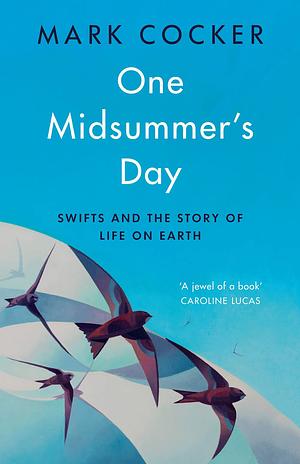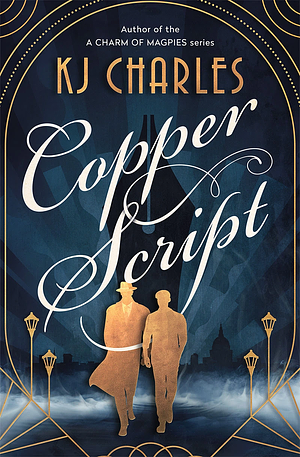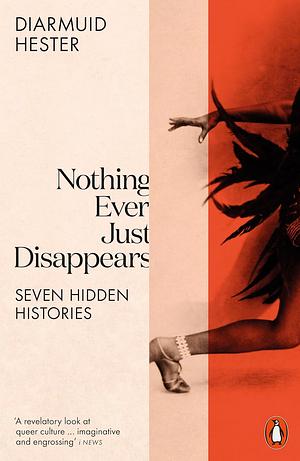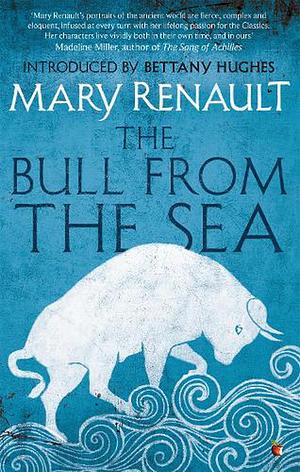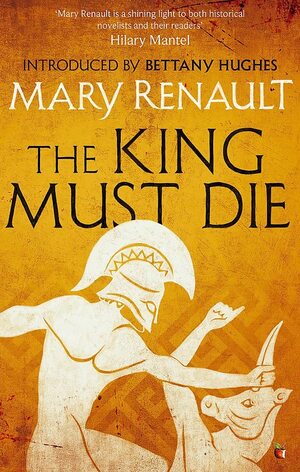What faces a young swift is a metamorphosis no less than if it were a larval insect bursting from the chrysalis as a winged imago. What hatched as a toad-mouthed lizard has already morphed to a light-wreathed angel, but now it must go from a condition of complete reliance upon parents to independence, instantly and without alternative. It must launch itself from a dusty, dark roof and fly out to the Sun. There are no second chances. It is a one-shot deal. It must fly, but fly perfectly, having never done so. It must simultaneously learn to feed and do so immediately... [loc. 2361]
Mark Cocker frames his narrative as a single summer day, from dawn to dusk. He draws on history, physics and anecdote to support his hypothesis that 'it takes a whole universe to make just one small black bird', and his account is nature writing at its best -- discursive, poetic, emotional, scientific, full of anecdotes and unexpected facts. (He suggests, based on the writings of Pliny, that swifts did not inhabit urban environments until after the 1st century AD.)
There's plenty of sound information about the lifecycle, the migrations and the flight of swifts, but there is also a continuo of Cocker's sheer joy in their existence, and in the complexities of the natural world. He writes of 'my ever-deepening appreciation that, as far as we know, we live among the greatest event in the universe, partaking of the deepest mysteries and the grandest miracle possibly across 100 billion galaxies' [loc. 306] and I feel an echo of the same awe. I was also fascinated by his account of avian migration: an organ in the right eye of migrant birds that somehow perceives magnetic force, and a grain of magnetite close to the olfactory nerve. And I was, am, uplifted by his sheer delight (and his use of delight as a verb) in the manifold splendours, connections and complexities of the world around him.
I read most of One Midsummer's Day in my garden, glancing up often to watch swifts circle and scream overhead in a cloudless blue sky.
The birds were engaged in their own split-second chase. Each swerve filleted a beetle from air. Their lines were smooth and effortless. They reminded me of blue tuna coursing at will among bait-balls of fry. It was chaos but compounded of clarity and exactitude, and it was exhilarating to see such purity of movement. [loc. 2286]
